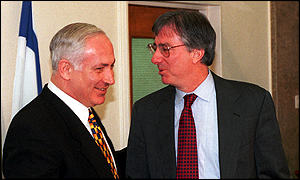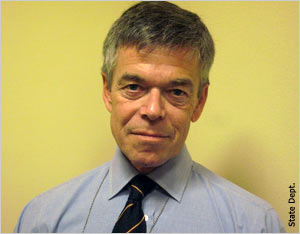Syria Feature: US Finds "Assad Forces Probably Used Chemical Weapon" in Homs (Rogin)
 Wednesday, January 16, 2013 at 12:18 |
Wednesday, January 16, 2013 at 12:18 |  Scott Lucas in
Scott Lucas in  EA Middle East and Turkey,
EA Middle East and Turkey,  Middle East and Iran
Middle East and Iran Testimony of victims of the "toxic gas" incident in Homs on 23 December
A secret State Department cable has concluded that the Syrian military likely used chemical weapons against its own people in a deadly attack last month....
United States diplomats in Turkey conducted a previously undisclosed, intensive investigation into claims that Syrian President Bashar al-Assad used chemical weapons, and made what an Obama administration official who reviewed the cable called a "compelling case" that Assad's military forces had used a deadly form of poison gas.






